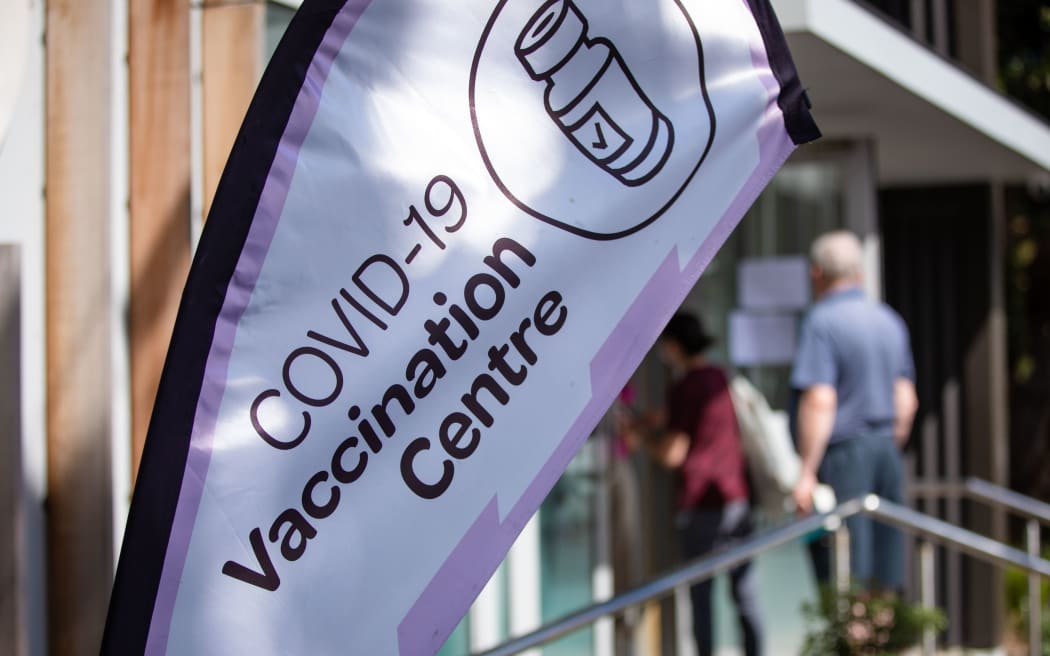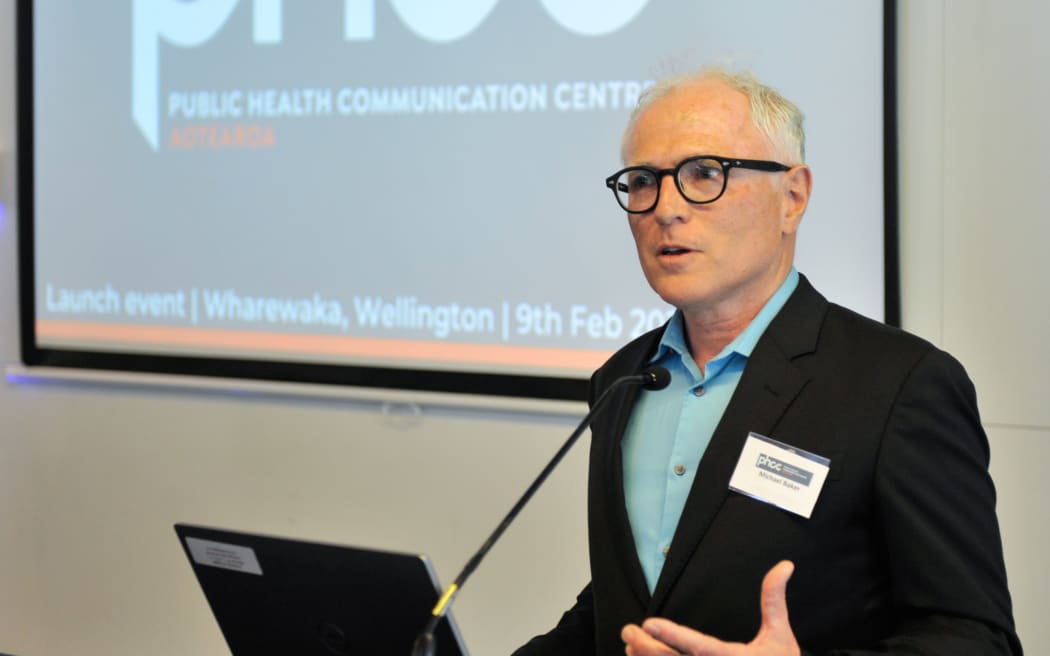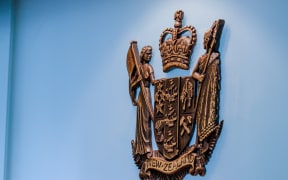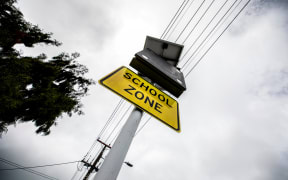
More than 5000 of the people were employed by district health boards. Photo: RNZ / Angus Dreaver
More than 8000 unvaccinated or partly vaccinated health workers were allowed to keep working during the Covid-19 pandemic because critical services could not function without them.
Data released to RNZ under the Official Information Act, shows health providers - including district health boards, GP clinics and home-help agencies - made 516 applications for exemptions to avoid Significant Service Disruptions of which 102 were granted.
Of the 8051 healthworkers covered by these exemptions between October 2021 and September 2022, more than 5000 were employed by district health boards.
Nearly half, 3935, were care and support workers - but the total also included 352 doctors (out of nearly 19,000 registered), 992 administration workers, 788 allied health professionals and 1984 nurses and midwives.
The Nurses Organisation, which represents 60,000 plus nurses and midwives, noted those exempted were a tiny minority of the total health workforce.
Kaiwhakahaere Kerri Nuku said the union was not given a lot of information about the reasons for exemptions at the time.
"And that's why these figures are quite alarming to us, because we just don't know what sits behind that."
Given it was a public health emergency, it was essential to get as many people vaccinated as possible, Nuku said.
However, she readily admitted it would have been preferable to allow a more nuanced approach for some individuals, if there had been more time to prepare.

Otago University public health professor Michael Baker. Photo: Supplied to RNZ
"This was a really difficult time for all in the workforce. Every nurse goes to work to do the best they possibly can, and these vaccine mandates certainly posed many good people against one another, and we have to do things better."
Recent research by Auckland University of Technology published in February concluded mandates had limited effect on increasing vaccine uptake among the country's 171,486 healthcare workers.
Economics professor Gail Pacheco, who co-authored the study, said almost 90 percent of healthcare workers had already received two doses of the vaccine when the mandates were announced in October 2021.
There was no sudden jump: vaccination coverage among healthcare workers increased at the same steady rate until it hit more than 95 percent, she said.
But what mandates definitely did was damage pay and career prospects for unvaccinated workers.
"In addition to not improving vaccine uptake, the employment rate fell by 15 percent and earnings fell by 19 percent compared to vaccinated workers not subjected to the mandate."
Pacheco, director of the New Zealand Policy Research Institute at AUT, said the mandates may have eroded trust in the government.
"And it could also have strengthened the anti-vax sentiment more generally, which will not only affect uptake of the Covid vaccine, but more routine immunisations as well."
Partly that was because people did not like being "told what to do", she said.
"There was a German survey that found just over 3 percent of people said they would not want the Covid-19 vaccination if it was voluntary. But that increased to more than than 16% if it was mandatory."
Another 6410 people received a temporary medical exemption between November 2021 and September 2022 - of whom 89 percent had had a recent Covid-19 infection.
Health New Zealand Te Whatu Ora says some of these people could have been included in the Significant Service Disruption Exemptions, but it did not track the potential overlap.
Pacheco said none of the health workers interviewed for the study saw themselves as "anti-vaccine".
Many received exemptions after suffering an adverse reaction to the first dose, or due to an underlying medical condition.
But they struggled with the hostile reaction from other people, including workmates.
One nurse told researchers:
"We're supposed to be a caring profession. Nothing about this is caring Due to no fault of my own, I have now been labelled an anti-vaxxer and anti-science, and in some people's opinion, not worthy of calling myself a nurse. This hurts me immensely. This is what mandates have done. There is no room for individual circumstances."
Even after the mandates were lifted, the employment and earnings of unvaccinated workers never fully recovered, Pacheco said.
"It then created a greater impact in the health sector because there were also fewer workers moving into that sector [due to closed borders and international shortages], so it exacerbated worker shortages."
Otago University public health professor Michael Baker said the mandates were probably not the biggest factor driving distrust and vaccine hesitancy.
"The anti-vax group has grown a lot in New Zealand, and I think it's been driven by really appalling misinformation."
The problem with a successful public health strategy was "nothing happens", he said.
"No-one sees those lives saved, those 20,000 New Zealanders who didn't die because of vaccination."
The mandates were a curb on people's freedoms - but it was always "a trade-off", he continued.
"We didn't have compulsory vaccination as some countries had. Certainly there was a lot of pressure to get vaccinated if you stood to lose your job if you didn't, so that was coercive.
"But you have to balance it against lives saved, reduced hospitalisations and fewer people getting long Covid."
It would be for the Royal Commission to determine what worked and what did not, so that New Zealand would be better prepared for future pandemics, he said.
The Royal Commission of Inquiry into Covid-19 Lessons Learned, which is looking at the whole pandemic response, including vaccine mandates, will deliver its final report by the end of September.
As of 7 January 2024, over 774 million confirmed cases of Covid-19 and more than seven million deaths have been reported globally.





